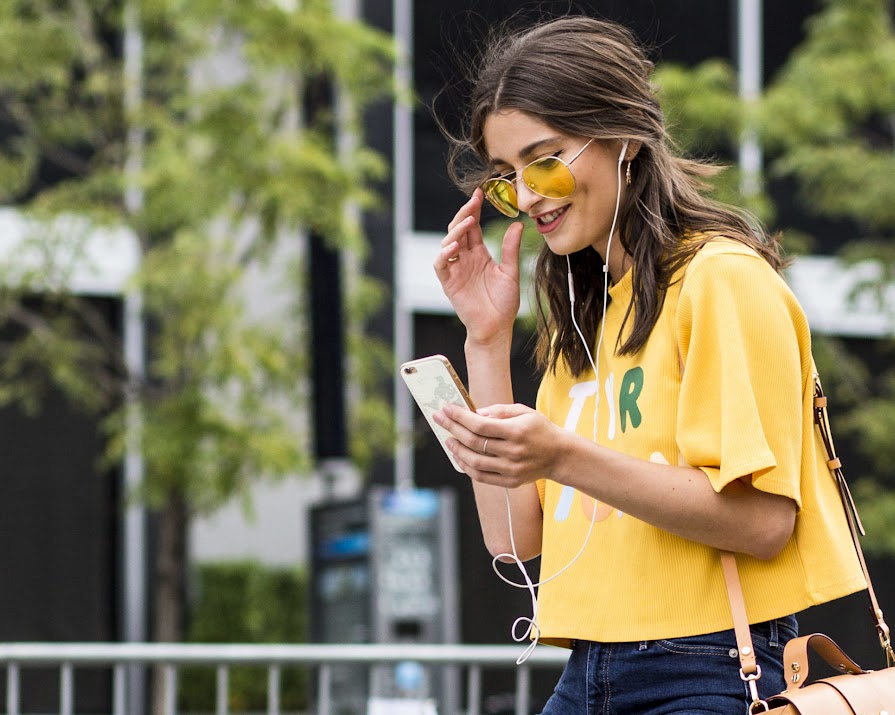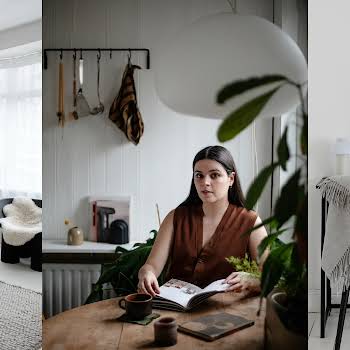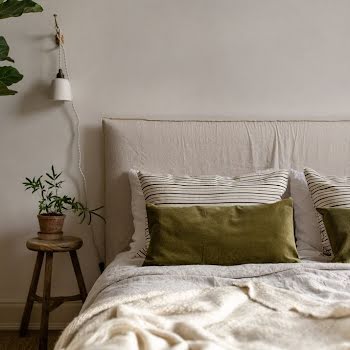By Nathalie Marquez Courtney
17th Nov 2023
17th Nov 2023
Glowing screens, distracting vibrations and little red dots have taken over our lives. It’s time to fight phone addiction and get your focus back.
It was clear something was up when phone and app makers started introducing ways to help you use their products less. But sure enough, both Google and Apple used annual developer conferences to unveil a series of “digital wellness” tools aimed at helping you balance your digital life with your real-world one.
They include features designed to help you monitor how much time you spend on your device, set time limits on app usage and control distracting notifications. App developers are getting in on the game as well, in response to serious backlash from users, industry insiders and even share holders.
Social media giants like Facebook, YouTube and Instagram have begun testing and introducing “time well spent” features, aimed at providing more information about how much time you’re spending using them and encouraging you to take breaks. But the tech industry, like so many others, doesn’t optimise for the wellbeing of its users; you can’t rely on Facebook or Apple to tell you when you’re using your device too much, just like you can’t rely on Ben & Jerry’s to tell you to step away from the tub. It’s really up to us to put checks and controls on our own habits.
BRAIN DRAIN
Like most tech, your phone isn’t simply a damaging addiction you have to kick. Rather, it’s a muddled up cocktail of good and bad – how handy is it to be able to check your bank balance, receive photos of your kids while you’re at work, order a taxi or have dinner delivered? Conversely, how toxic does it feel to find yourself compulsively scrolling through a total stranger’s Instagram feed at 1am?
“Hundreds of daily activities that used to be performed in separate locations, with different gestures and through a range of intra-personal interactions have now all been collapsed into the smartphone,” says Jocelyn K Glei in an episode of her podcast, Hurry Slowly (hurryslowly.com). “There has literally never been a device that is so relevant to executing our goals so much of the time. And because of this, our brains have been trained to allot a substantive portion of our ‘automatic attention’ to our smartphones.”
This means we’re constantly reinforcing the usefulness of our phones, even when we’re using them in ways that are distracting at best, and destructive at worst.
There are so many times when our phones are not relevant to achieving our goals. A study by the University of Texas showed that the mere presence of a smartphone negatively impacts our ability to concentrate and focus – even if the phone was in a bag and on silent, people didn’t perform as well as when the phone was in another room. What’s worse, participants didn’t even realise that their attention had been compromised.
Our phones have an almost gravitational pull on our attention, even when we’d rather they didn’t. The researchers call this phenomenon “brain drain”. Of course, this impacts much more than just our attention; over-reliance on our phones and excessive use of social media has been linked to poorer sleep patterns, a negative impact on relationships (particularly with our kids and partners) and an increase in stress levels.
“I’m pretty sure at least half of the hurry, urgency and anxiety that we experience on a daily basis lives inside those little glowing rectangles,” says Jocelyn. “So setting your phone down is part and parcel of slowing down.”
This article originally appeared in the September 2018 issue of IMAGE Magazine.























